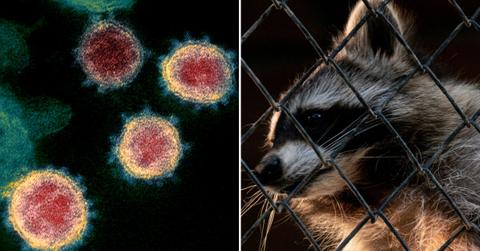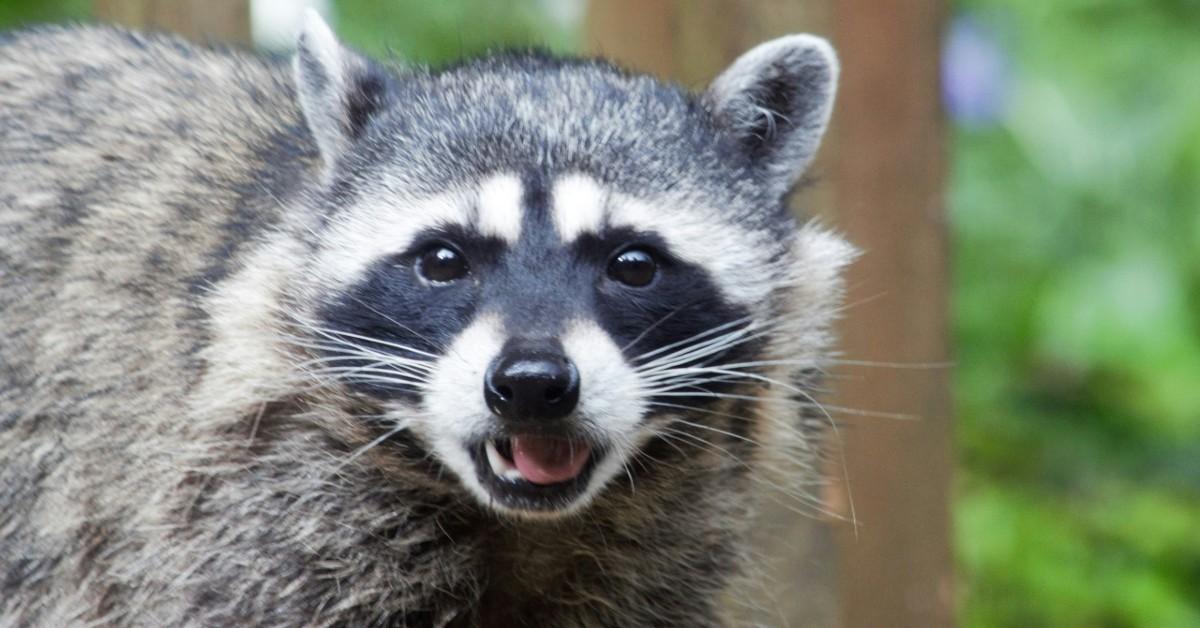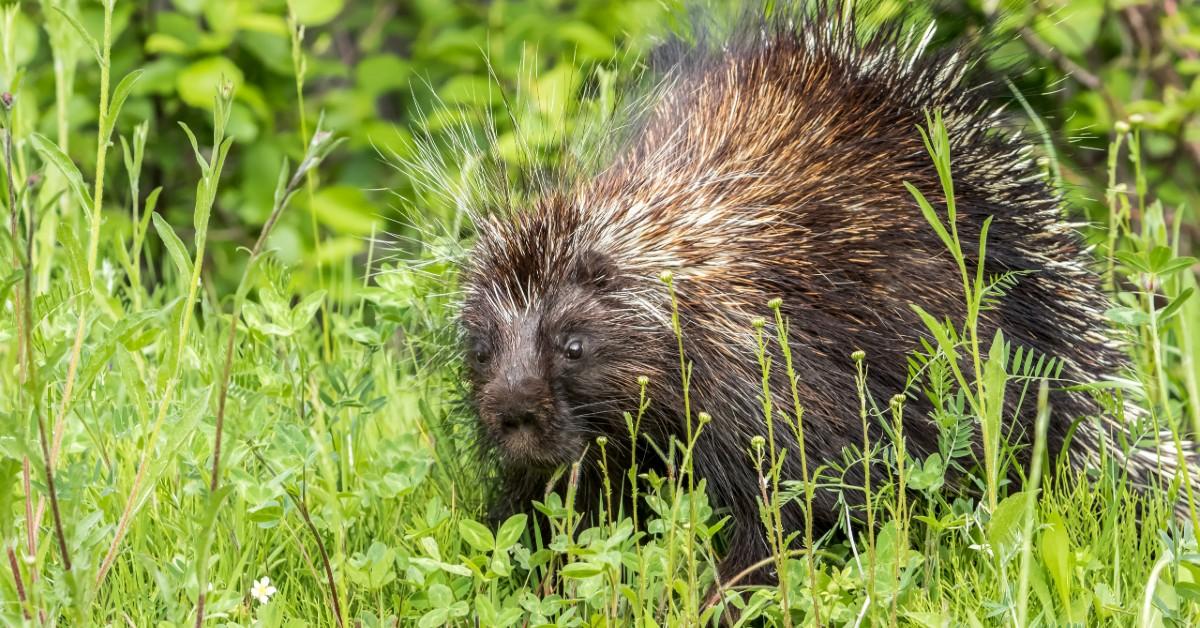It Was NOT A Lab Leak! Scientists Reveal Shocking New Evidence On 'True Origin' of Covid Outbreak — That Has Nothing to Do With Global Conspiracy Theory

Researchers believe they've uncovered the true origins of Covid-19.
Sept. 19 2024, Updated 7:41 p.m. ET
Scientists have come forward with shocking claims about the origins of Covid-19.
RadarOnline.com can reveal a major international was published pushing back on the widespread conspiracy theory claiming the highly infectious virus was the result of a lab leak.
Instead, the study insisted the true origin of Covid came from a "wet market" in Wuhan, China, which has a population of 12million.

Researchers claim the virus originated at a wet market through the trade of live animals.
The study was based on newly released data from the Chinese Center for Disease Control and Prevention (CDC), which analyzed more than 800 samples collected in and around the Hunan Seafood Wholesale market, as well as genetic samples from early Covid patients.
Scripps Researchers came to the conclusion after testing a variety of samples from animals sold in the wet market in 2019. They discovered traces of the virus in some of the species tested.
Now, the researches have argued their work is the first instance of scientists being able to identify animal species potentially responsible for transmitting the virus to humans.

The common raccoon dog was found to have traces of Covid in its system.
Kristian Andersen, the author of the study, said: "This adds another layer to the accumulating evidence that all points to the same scenario: that infected animals were introduced into the market in mid-to late November 2019, which sparked the pandemic."
One species believed to be a carrier of the virus was the raccoon-dog, a fox-like animal commonly found in East Asia. The animal was sold live at the wet-market.
Other species found with traces of Covid included Malayan porcupines, hoary bamboo rats and masked palm civets.

Malayan porcupines were also said to be carriers of the virus.
Florence Débarre of the French National Center for Scientific Research said the list was not conclusive list, as many species were removed from the wet market prior to the arrival of Chinese health officials, who began collecting samples on January 1, 2020, after the market was closed.
Chinese CDC members swabbed floors, walls, stalls and other surfaces around the market. The team additionally collected samples from nearby drains and sewers.
Researchers further noted many of the early cases of Covid reported in Wuhan included workers at the wet market.
The study's finding contradict a widespread conspiracy theory alleging the virus spread after a leak at a lab at the Wuhan Institute of Virology.
FBI Director Christopher Wray fueled conspiracy theories when he claimed the agency believed Covid "most likely" originated from a "Chinese government-controlled lab".
President Joe Biden also ordered an investigation into theory centered on a lab leak.
Despite the study's findings, some scientists alleged the threat of another pandemic remains as the trade of live animals continues.

FBI director Christopher Wray said the bureau believed Covid 'most likely' started from a leak at a 'Chinese government-controlled lab'.
Michael Worobey of the University of Arizona, who also authored the study, said: "This is the most risky thing we can do — take wild animals that are teeming with viruses and then play with fire by bringing them into contact with humans living in the heart of big cities, whose population densities make it easy for these viruses to take hold."
Infectious disease epidemiologist James Wood of Cambridge University agreed, though he did not participate in the study.
Wood added: "While efforts have been made globally to tighten up on laboratory biosecurity to ensure that viruses cannot inadvertently escape, little or nothing has been done to limit either the live trade in wildlife."

Have a tip? Send it to us! Email RadarOnline.com at tips@radaronline.com.
Powered by RedCircle



